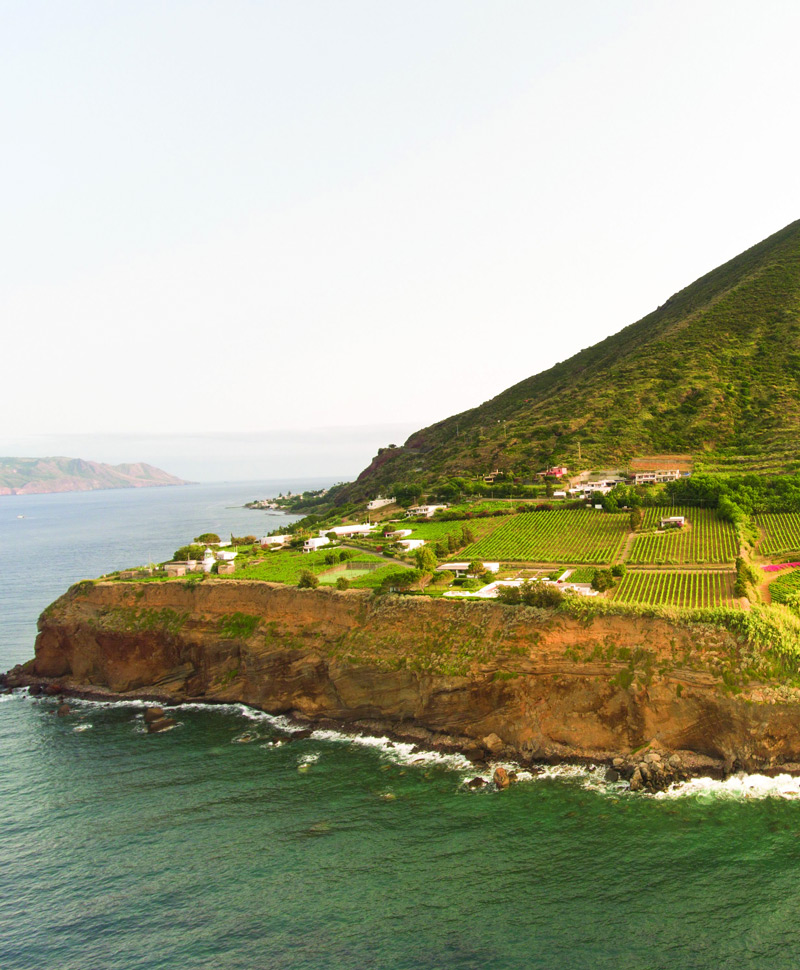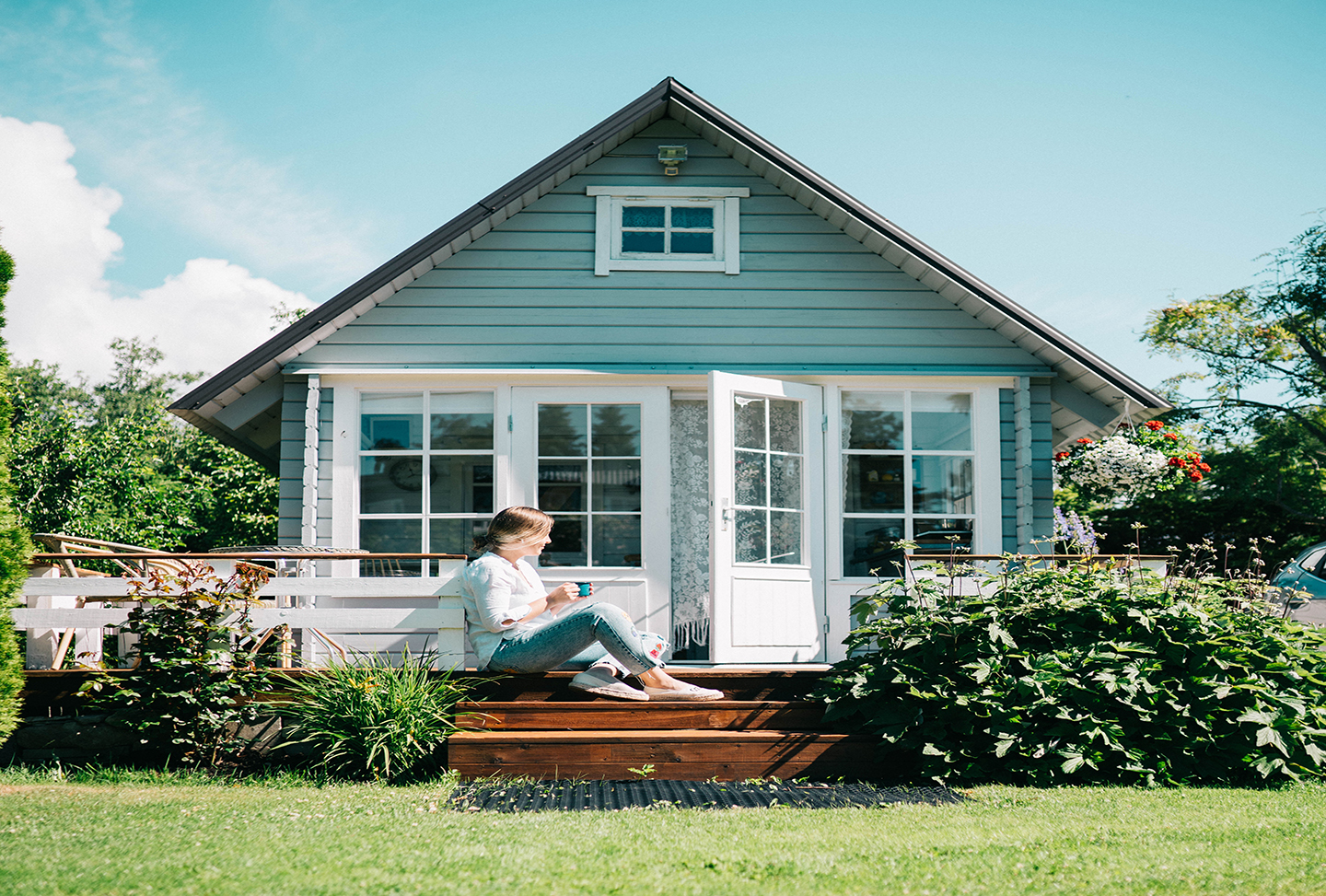Limitless possibilities in spectacular destinations, Balance Holidays' exceptionally curated wellbeing travel experiences bring individuals on multi-sensory journeys that enrich and awaken the heart, body and mind..


The Oxford English Dictionary defines the pronoun ‘nothing’ as not anything; no single thing. Of course, it is not technically possible for a person, or any other living entity to do absolutely nothing, as we are always respiring, moving or growing. In today’s rhetoric, doing nothing implies the act of doing nothing useful. But why are we so obsessed with squeezing so much productivity and consequence out of our time? And how can mastering the art of doing nothing improve our wellbeing?

Sometimes referred to as the busyness epidemic, it seems that today’s society puts an increased amount of pressure on driving towards success. Such success is measured by a person’s level of pay, job title or material gain. The notion of ‘time is money’ can cause people to view downtime as a waste, feeling as though if they are not productive, they are not striving to reach their goals. Even if you don’t conform to societal expectations and are more aware of the mental and spiritual need to slow down, life often has a way of sweeping you up. Travel, work, social media, family and everything else all take up a considerable amount of time, and before we know it, weeks slide into months.
There are several compelling arguments on how doing nothing may be beneficial for one’s personal wellbeing. An article by The Guardian summarises two different studies that showed that being idle can have some surprising results. Firstly, it explains that taking a break can boost creativity. The study mentioned concluded that aimless thinking could help to solve problems by helping to combat tunnel vision caused by fixating on goals. In the same article, it reports that neuroscientists are increasingly discovering that our brains are dependent on downtime.

Adding to the case, in 2019, the World Health Organisation added burnout to its International Classification of Diseases manual, describing it as “resulting from chronic workplace stress that has not been successfully managed”. A combination of mental and physical depletion, burnout can happen to anyone who is struggling to achieve a work-life balance. For many of us, it would seem that a touch of inactivity could lead to a broader range of unexpected benefits. If you would like to find out more, please take a look at our recent article on The Art of Doing Nothing.
Naturally, many countries and cultures already have their own traditions or solutions to counteract the chaos of day to day life. In Italy, they have a saying of la dolce far niente, which translates to ‘the sweetness of idleness’ – the Italian culture is notoriously relaxed. When a study revealed that, on average, Italians live for 18 months longer than Brits, it was speculated that their dedication to a slower pace of life could be a contributing factor. Originating from Denmark, a few years ago we saw the rise of the hygge trend, encouraging us to find cosiness and comfort in simplicity and contempt. Currently there is an emerging new trend, a Dutch relaxation technique known as niksen. It encourages people not to focus on meditative thoughts, instead let the mind wander to exactly where it wants to go.

For certain individuals, learning to embrace nothing may be the step needed to counteract the feeling of a rapidly disappearing time frame. Disconnecting from the digital world and getting out into nature are just two ways in which people find it easier to unplug and unwind.
At Balance Holidays, we create bespoke lifestyle retreats that promote the mental and physical wellbeing of our guests at the core. Our popular programmes include meditation retreats in Italy and forest bathing retreats in France. Our team are on hand to provide answers and guidance to help you choose the luxury retreat that is perfect for you.
Sign up to our newsletter for exclusive retreat launches, priority access to events and curated wellbeing content